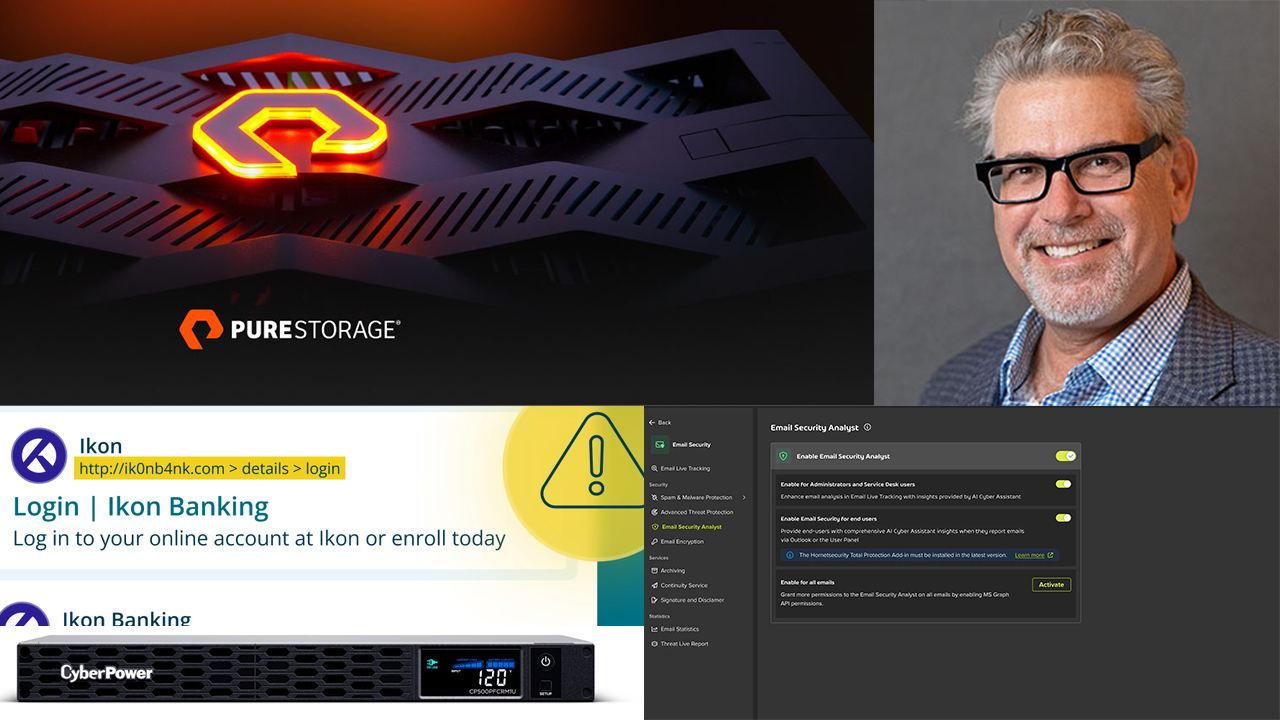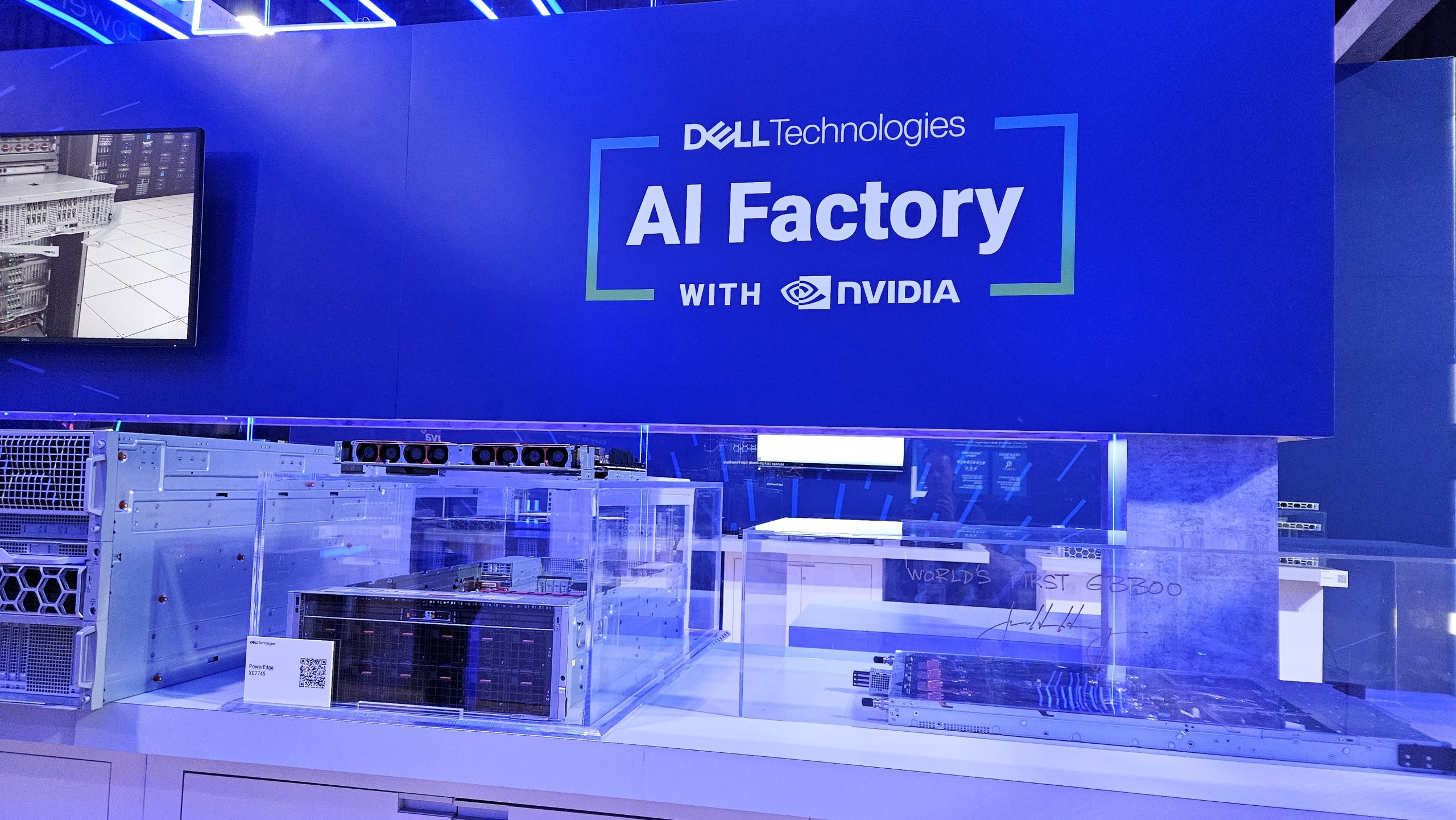Intel Corp. culminated the transition to the company’s “Nehalem” chip design with the launch of the Intel Xeon 7500 processor series this week. In less than 90 days, Intel has introduced 2010 PC, laptop, and server processors.
According to Intel, the 7500 series enable IT managers to consolidate up to 20 older single-core, 4-chip servers onto a single server. “In doing so, they could also see up to a 92 percent estimated reduction in energy costs and a return on their investment estimated within 1 year due to reductions in power, cooling, and licensing costs,” states the chip-maker in a statement to EH Publishing.
Expandable to include from two to 256 chips per server, the new Xeon processors have an average performance that’s three times that of Intel’s existing Xeon 7400 series on common benchmarks.
“The Xeon 7500 brings mission critical capabilities to the mainstream by delivering the most significant leap in performance, scalability, and reliability ever seen from Intel,” says Kirk Skaugen, vice president of the Intel architecture group and general manager of Intel’s data center group. “This combination will help users push to new levels of productivity and accelerate the industry’s migration away from proprietary architectures.”
As Intel explains it, the new 7500 Series offers unique scalability via modular building blocks enabled by Intel QuickPath Technology interconnect (QPI). With QPI, scalable eight-processor servers can be built that do not require specialized third-party node controller chips. Intel is also working with system vendors to deliver “ultra-scale” systems.
With up to eight times the memory bandwidth of the Intel Xeon processor 7400 series and four times the memory capacity with 16 memory slots per processor, Intel says its new Xeon 7500 series can support one terabyte (or 1,000 gigabytes) of memory in a four-socket platform.
Intel Virtualization Technologies, which include new I/O virtualization capabilities and Intel Virtualization Technology (VT) FlexMigration, enables live VM migration across all Intel Core microarchitecture-based platforms to ensure investment protection for administrators seeking to use pools of virtualized systems to facilitate failover, disaster recovery, load balancing, and optimal server maintenance and downtime.
New two-chip expandable class platforms with large memory capacity based on the 7500 series are ideal for memory-intensive databases and virtualization environments. The 7500 series Xeon processors are available in quad, six, and eight core versions with twice the number of threads, thanks to Intel Hyper-Threading Technology.
The Intel Xeon processor 7500 series supports up to eight integrated cores and 16 threads, and can scale up to 32 cores and 64 threads per 4-chip platform or 64 cores and 128 threads per 8-chip platform. It is available with frequencies up to 2.66 GHz, and 24 MB of Intel Smart Cache memory, four Intel QPI links, and Intel Turbo Boost technology. Thermal Design Point (TDP) power levels range from 95 watts to 130 watts.
The Intel Xeon processor X7560, with eight cores and 24MB cache size, is built for highly parallel, data demanding and mission-critical workloads, whereas the Intel Xeon processor X7542 is a frequency-optimized 6-core option at 2.66 GHz targeted for super node high-performance computing applications in science and financial services.
The modular scaling of the Xeon 7500 processor works with the Intel 7500 Chipset and Intel 7500 Scalable Memory Buffers to enable unique OEM system designs and brings a wide range of socket, memory and I/O, form factor, and reliability feature sets. Enterprise software vendors expected to support the high-end features of Intel Xeon processor 7500-based platforms, include Citrix, IBM, Microsoft, Novell, Oracle, Red Hat, SAP AG, and VMware.













